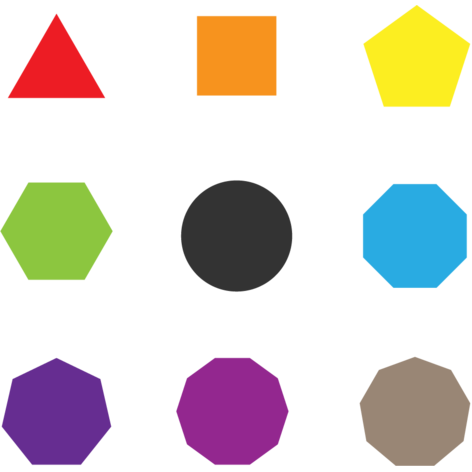Science at its Best
Guest post from Fintan Steele (he/him), ex-science researcher, ex-priest and monk, and current science writer and editor in Boulder County.
Science, as a human enterprise, is certainly not immune from bias. The history of human sex and sexuality research, in particular, is riddled with pre-existing biases that often led to incomplete or even outright false conclusions, which, in turn, led to horrific historical policies and laws behind the veneer of scientific approval. “Conversion therapy” immediately comes to mind, but you can undoubtedly name many more.
What makes this history most disturbing is that science, at its most essential, is supposed to be based on constantly correcting prevailing ideas and knowledge, not enshrining them. The question every scientist should be asking in their own work is not “how do I prove this idea is right?” but “how do I prove it wrong?”. Science is at its best when it embraces the exceptions that call into question long-believed rules, and ultimately point us to a truer reality. But scientists often need to be reminded of this fact.
One such reminder was issued on March 14 in the scientific journal Cell. Twenty-four “trans (and/or family of trans)” authors from around the globe with “diverse experiences in STEMM (science, technology, engineering, math, or medicine)” lay out the lived experiences of trans scientists and others, the biases and injustice they face, and what steps should be taken to address it. The article, “Rigorous science demands support of transgender scientists,” is remarkable for several reasons, not least of which is its appearance in one of the top scientific journals in the world.
But the content is what truly makes this piece powerful. I cannot provide any words that improve on what these individuals have written: I can only encourage you to read it yourself. However, I do want to point out a couple things that struck me most forcefully.
First, as the authors state, their goal is to get their scientific colleagues to the point that “we can take the necessary steps together to liberate not just trans people, but all people, and build a truly diverse, equitable, inclusive, and just academy.” This isn’t a call to treat trans people differently, but to see trans identity as part of the human spectrum of experience and truth, including in academic settings.
Their fundamental argument is that all denigration or discrimination of trans individuals is primarily an attack on the fundamental shared human right of bodily autonomy, or “being able to make informed choices about what happens to one’s body and how one expresses oneself throughout their life without external interference,” the authors explain. It’s a persuasive argument, particularly in the many examples they give. Every one of us is in danger of such interference, as the 2022 overturn of Roe v. Wade proves.
The authors also argue persuasively for the prevention of discrimination-based “loss of trans knowledge, expertise, experience, perspectives, and language from academia and medicine.” Intellectual freedom and bodily autonomy are deeply linked goods, and should be what informs not just the academy but human society at large, especially through the science that seeks its betterment.
I have read this article more than a few times now, and learn something new with each reading. I cannot say that about many of the literally tens of thousands of scientific articles I have read in my life, especially those seeking to understand sex and sexuality more completely. This one is a diamond, and I hope you will take the opportunity to give it a close read yourself.
Other posts by Fintan Steele:
The ‘Sick’ History of Queerness and Psychiatric Science
The Complex Science Behind ‘Gaydar’
Fear and Loathing: Unpacking Homophobia

